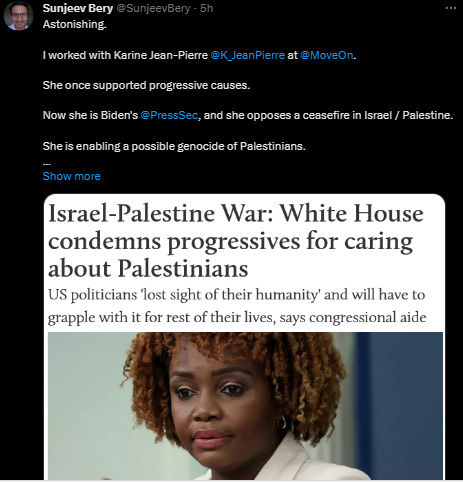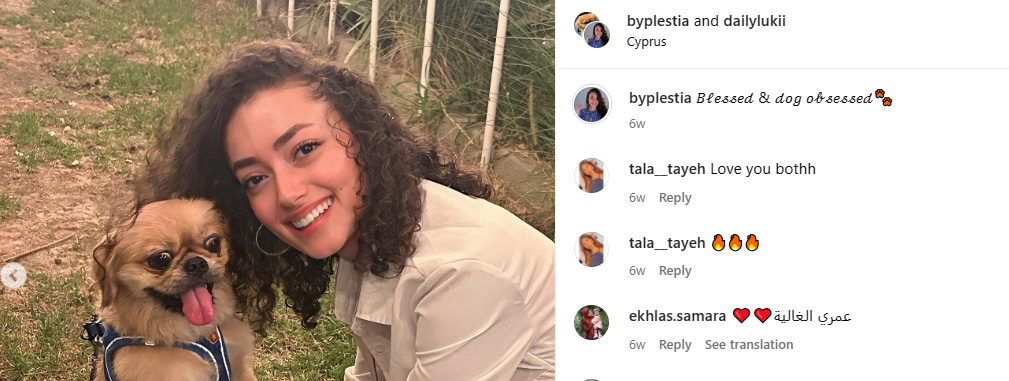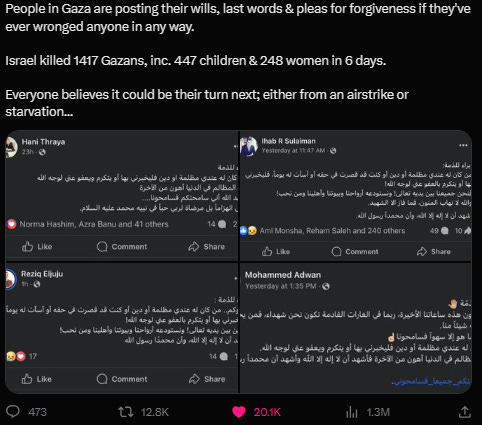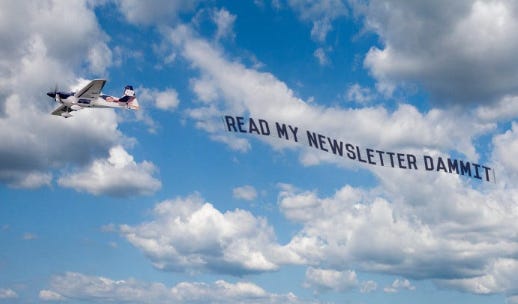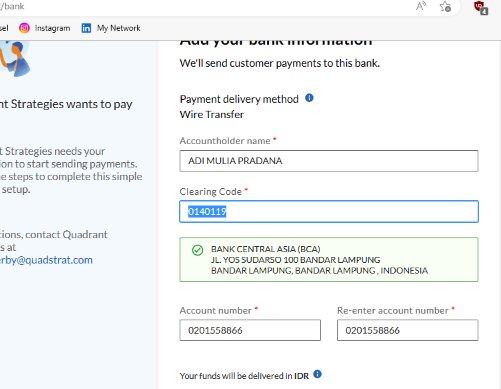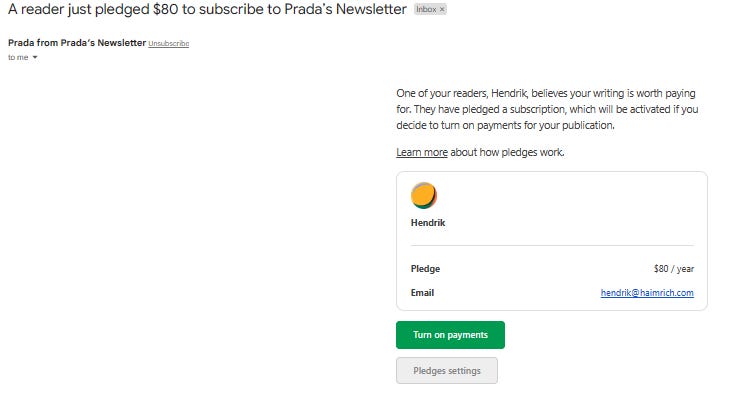DC and Dearborn 7.55pm / Gaza Strip 2.55am
On October 7, the Palestinian people broke the nearly 20-year siege of Gaza — the world’s largest open-air prison. In response, the Israeli regime threatened them with extermination. A child is being killed once every 10 minutes in Gaza. If we let the White House continue to excuse that as Israeli ‘defense,’ then we are actively choosing to value the lives of innocent Israelis over the lives of innocent Palestinians.
I hope Gaza at least teaches many more people in the entire western hemispher at least 4 things. First, entire Western political leaders are a bunch of warmongering thugs.
That’s obvious and has been for around 600 years. It’s been suppressed by complicit journalists and academics.
Second, the system is oligarchic more than democratic. no hope of holding President or PM or minister to account for war crimes: the system is set up to avoid that. Influencing Western-optics of foreign policy in a serious way is impossible through the formal system, which is designed to keep the global public out.
White House spokesman Kirby is asked if an Israeli strike on the Jabalia refugee camp is a war crime. “I'm not going to speculate”
I know a lot of high-ranking media, such as New York Times, Guardian, Anadolu, BILD, Spiegel, Financial Times, Strait Times, Washington Post etc subscribed my substack. Plestia Alaqad ready to be your Stringer inside Gaza under bombing by Israel. Plestiaa2011@gmail.com
Toddler with Plestia, before war, living in Northern Gaza and they evacuated to Southern Gaza. Since Friday, Oct 13, when Israel announced to every Gazans from northern move to southern, more than 5,000 killed in southern, not counting barbaric bombing in northern Gaza. Northern Gaza is being depopulated, while even residents in the south are ordered to evacuate as the israelis implement their ethnic cleansing. Refugee literally fulfilled Israel warning, and still killed with barbaric bombing by Israel. Documentation by Plestia Alaqad
They face tremendous headwinds.
Third, media largely act as an extension of the state (occasional exceptions, not many). Nothing will seriously change in entire Western until the brainwashing grip of corporate media over most of the population is stopped and media genuinely independent of political power.
Forth, modest proposal maybe but radical given the starting point and power of the oligarchs. There are big consequences if we don’t. One is that the entire Western leaders will keep backing mass murder overseas forever.
Jabalia massacre. More than 400 people killed in a second. I can't fathom the cruelty of it all. This death toll. That their loved ones can't mourn. On empty stomachs, sick from contaminated water, sifting through the rubble to find pieces of them. That the whole world is letting this happen live.
“There will be no electricity, no food, no water, no fuel, everything is closed,” Israel’s Defense Minister said. “We are fighting human animals, and we will act accordingly.” Now, the siege has intensified to genocidal proportions. Hundreds of thousands were internally displaced within Gaza, which has a population of two million people with nowhere to go.
The number of dead, likely underreported, rises by the hour. Entire housing blocks are being leveled as terrorized families cower in darkness, cut off from the outside world.
half of protesters with ‘red hand’ are Jewish, like Blinken
From Washington to Brussels, the leaders of the old colonial powers have been quick to cheer on the violence, while slandering the Palestinian resistance with increasingly-hysterical atrocity propaganda. But to insist, as they do, that the “violence is unprovoked” is to opt for amnesia.
- Support for Biden drops from 59% in '20 to 17% today
- 40% would vote for Trump, 25% unsure, 17% Biden
- 23% ID as Dems vs. 32% GOP vs. 31% independent
The violence — the original violence of the colonizer — has long been weaved into the very geography of colonized Palestine. Its serene landscapes are scarred by walls and mazes, checkpoints and guard towers, outposts and turrets, lavish border with cost USD2.5 billion. They sever farmers from farms, traders from trade routes, fishermen from the sea, brothers from sisters. Sometimes, they appear within homes.
A group of settlers moved into the house of the el-Kurd family in Sheikh Jarrah, East Jerusalem, severing their garden, living room, and two bedrooms from the rest. The occupied parts of the home, like other zones of occupation across Palestine, are an image of neglect. Everywhere, settlers make the land unlivable to those who seek to return.
From the Old City of East Jerusalem, past the Al-Aqsa Mosque. City of David — a settler encroachment where, under the guise of archeological excavations for traces of ancient Judaic architecture that largely do not exist, the occupation forces uprooted Palestinian orchards and enclosed their land. The enclave is home to over 65,000 Palestinians.
There, thousands of houses face demolition for not having the right permits — and many have already been turned to rubble. Families are sometimes given the opportunity to bail their homes out — to pay a ransom for them to remain standing. But, the bulldozers still come. Then, the evicted family receives a bill for the soldiers and dogs that forced them from their home — and for the machines that tore it down. Later, the settlers arrive, always flanked by armed guards. “In Gaza you see the bombs. In the West Bank, the martyrs. Here, there is a silent war,” Kutaybah Odeh, a local community organizer, told us.
Still, the people of Silwan organize to resist this silent war. When the bulldozers come, they rally to defend the families whose gruesome turn had come. The Al-Bustan Community Center that Odeh runs has become a thriving heart of the community. There, you find simple, defiant joys: trumpets and drums for the marching band; a large tatami mat and, outside, a performance stage and playground — signs of normality and resistance in a site of erasure. All around, the narrow alleys of the neighborhood are adorned with trees, tiles, and drawings. “The occupation authorities tell us that they will destroy our homes because they are unfit to live in,” Odeh said. “So we show them that we live in paradise.”
From the frontline of Odeh’s “silent war”, we traveled to Hebron, or its Indigenous name Al-Khalil, in the West Bank. Across the city center, heavily-fortified checkpoints — tangles of nets, barbed wire, gates and turnstiles — guard illegal Israeli settlements, where the old city center once stood. Above a frightful gate separating a desolate settlement from the city is a machine that some call the “smart shooter” — an automated rifle that can kill an approaching human being if the system deems them a risk.
The face of nearly every Palestinian is imprinted in this system, which determines their fate before they can see a human face or hear a human voice. Soldiers can operate the rifle with a joystick — a macabre game of murder that the occupier mediates through a screen and the occupied feels in their flesh.
What is being guarded? A near-empty, lifeless street. A vending machine. A broken-down van. Signs with fabricated history seeking to recast the colonizer’s oppression as victimhood. Flags, lots of flags. Here, in a settlement that is home to some 400 settlers, Palestinians are not allowed to set foot.
No trace remains of the bustling life that defiantly continues to exist outside this expanding barricade — life that the settlers grind away with daily volleys of rocks and urine and acid; life that the state actively erases. The Palestinian markets become cages — enclosed on all sides by gates and wire mesh to defend against the settlers’ attacks.
In Hebron, 1,350 Palestinian shops have been shut by Israeli occupying forces in 23 years, hollowing out the economic life of the city and sowing misery and desperation among its people. 365 children who attend schools near the settlement have to cross three militarized checkpoints twice each day to get to class and return home. In all, there are 28 military checkpoints in an area of under five square kilometers — one for every 25 settlers. As the settlements expand, the beating heart of the city gradually dims.
The geography of the Zionist occupation cannot be measured in straight lines. Jerusalem and Bethlehem are under 10 kilometers apart — a 30-minute drive. But for Palestinians living in Bethlehem, the distance is unassailable.
A Palestinian in the West Bank, who still has the keys to his house in Jerusalem, is closer to São Paulo, Johannesburg, or Beijing than to his ancestral home. He cannot travel because the occupation has written the rules that govern his movement. In Jerusalem, residency is granted to those whose “central life” is in the city — an ill-defined legal concept often interpreted at the whims of the occupying authorities. Palestinians forced from their homes in East Jerusalem lose their “central life” in the city.
In the process, they lose their right to remain. Losing residency implies total exclusion from social and economic life: you cannot rent a home, open a bank account, enroll at a university, or find work. Roughly 95% of Palestinian construction applications are rejected by Israeli authorities and it is exceedingly difficult for Palestinians to find new housing. And so, they are forced into neighborhoods or camps in the increasingly-populated West Bank, whose land continues to be cut and diced for Zionist settlement.
Since 1950, the Aida Refugee Camp in Bethlehem has been home to thousands of Palestinian families who escaped the Nakba — the campaign of ethnic cleansing that saw Zionist forces evict more than 750,000 Palestinians from their homes in 1948. They came from more than 27 different towns and villages, and more than 6,000 people continue to live there today — in makeshift brick and concrete high-rises that test the limits of structural integrity.
The United Nations estimated that the camp’s population density is 77,464 inhabitants per square kilometer — one of the highest in the world. The eight-meter-high separation wall looms over them, casting a permanent shadow on the camp’s perimeter. M. took us up to the roof of a residential building along the wall’s edge. From the top, he inspected the wall and looked at the land it conceals from view: A taunting field of olive trees that stretches across the horizon. “That, in theory, is still within the borders they assigned us, but I’ve never been there,” he said.
That fragility has its roots in a simple truth: The Palestinian people have no choice. Their lands were invaded. Their families were dispossessed and massacred. Their sovereignty was erased and their riches stolen from under their feet. At every stage, their oppressors had a choice and chose violence. Zionism is bound by a million threads to imperialism and capitalism. In its early days, the Zionist movement received significant backing from the British Empire seeking to maintain its grip in the region after the First World War.
Today, it is sustained by the United States and its subordinates as an outpost of empire in West Asia — a forward base designed to advance and cover for the West’s imperialist and ethno-nationalist ambitions in the region. Israel’s fragility, then, is also imperialism’s. The US’s overwhelming show of support for Israel today makes clear that the act of liberation anywhere is a threat to imperialism everywhere.
I want to begin by saying that peace means that we hold space for each and every one of our communities, including my Jewish community, our beloved community in Pittsburgh, who are five years from the commemoration of the worst anti-Semitic attacks, reliving so much pain and so much trauma. But we don't stand here to add to that pain.
We stand here to say that we will fight against any more pain that will come. I stand here because there are so many people who are in a space where they have so much to risk, but recognize that courage might not always be repaid or rewarded with political safety or comfort or opportunity.
But in this instance, courage will be rewarded in the lives that we can still save in Gaza and Israel, or right outside of Chicago, where baby Wadea was. Lives that are precious wherever they come from, whatever color they are, whatever tongue they speak, or whatever God they pray to. Lives that are precious because they are.
I wanted to say here, today, that our love for communities that may have not been shown enough, that our political action for a community that needs us desperately is not in opposition to another beloved community. We can show love for one beloved community and it does not mean that we hate another. We can here, today, exhibit a love for everybody impacted here: our Jewish siblings, our Israeli siblings, our Palestinian, Muslim, and Arab communities.
The rhetoric must change now, and those of us with anything must use what we have to redirect the rhetoric and redirect the action so that we can take those actions that save lives.
Tears spill when your body can’t comprehend the reality it faces and something must release. But tears, regardless of who and where they originate from, are made of the same stuff: two atoms of hydrogen joined to a single atom of oxygen. The basis of solidarity is seeing someone else’s burden and trying to lighten the load. That doesn’t mean that there isn’t a deep, systemic power imbalance between the ability for Palestinians to live free as compared to Israelis or that Palestinian rights activists aren’t deeply criminalized and policed in the United States and abroad. But it does mean that pain is still pain, and that death is still death, even if it isn’t distributed equally.
Gazans people is normal people. Love puppy too like Caucasian and other people, other human. Via Plestia Alaqad, Gazans journo. 18 Palestinian journo killed.
========END————
Thank you, as always, for reading. If you have anything like a spark file, or master thought list (spark file sounds so much cooler), let me know how you use it in the comments below. Thank you so much for letting me vent! If you enjoyed this article, you can give pledge to me (click PLEDGE button) or simply share this article with a friend. It helps me more than you realise.
If you enjoyed this post, please share it.
______________
Professor Hendrik, Professor Eric, and another person, Prof David A. Andelman, former Bureau Chief NYTimes recommended my substack, also some Chief Technology of Financial Times (FT) recommended my substack, not only subscribe. I'd be happy to get more & more PLEDGE and recommendations for better crafted writing (via Bank Central Asia (with my full-name ADI MULIA PRADANA, clearing code 0140119, account number 0201558866 or via STRIPE. For me, prefer Bank Central Asia).
If a friend sent this to you, you could subscribe here 👇. All content is free, and paid subscriptions are voluntary.
——————————————————————————————————
-prada- Adi Mulia Pradana is a Helper. Former adviser (President Indonesia) Jokowi for mapping 2-times election. I used to get paid to catch all these blunders—now I do it for free. Trying to work out what's going on, what happens next. Now figure out and or prevent catastrophic of everything.




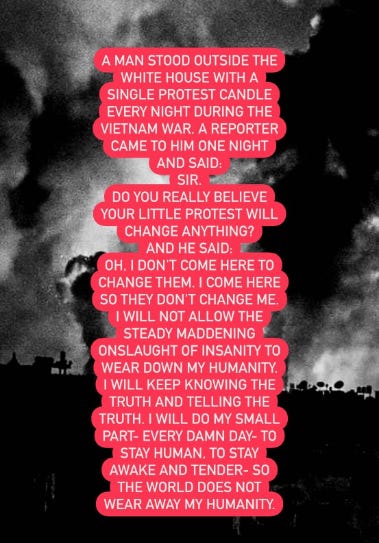
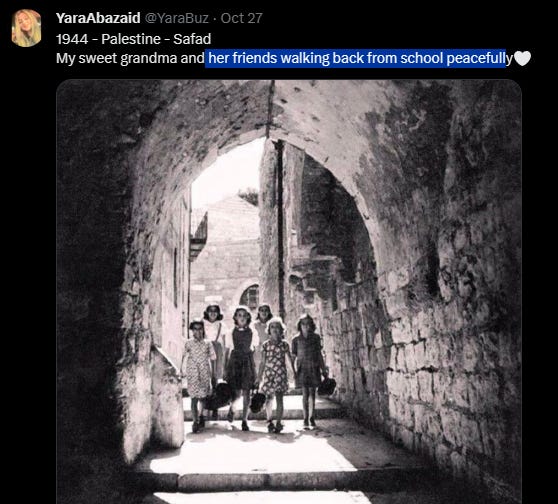
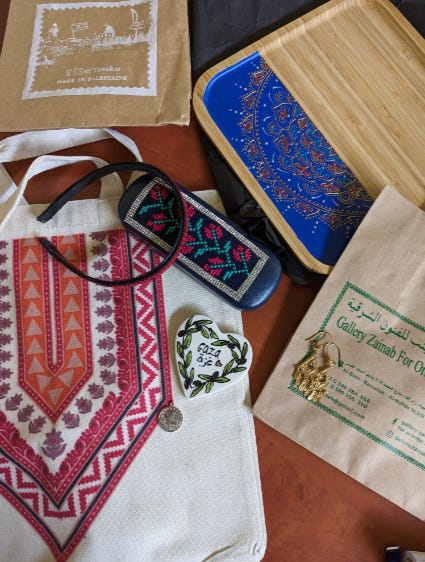
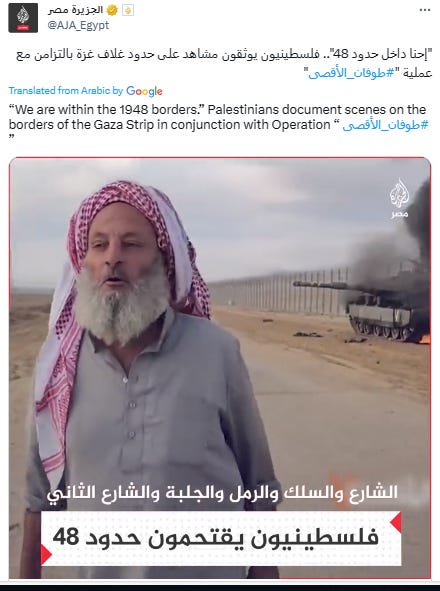
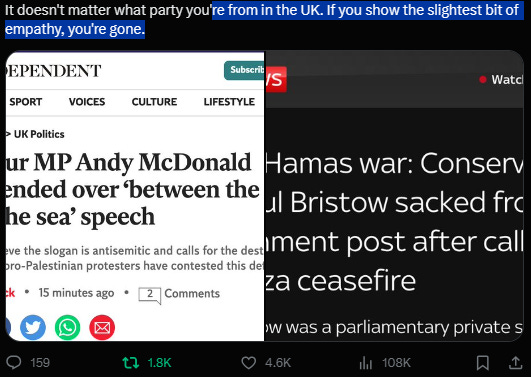
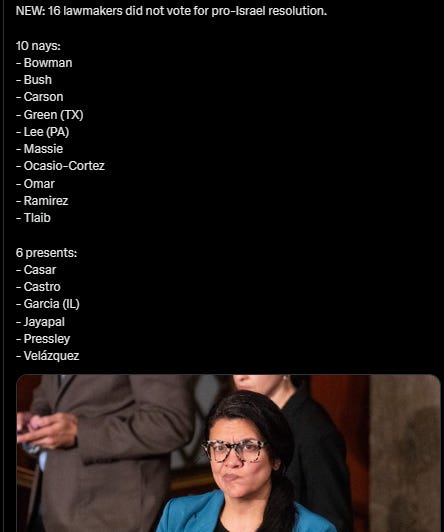
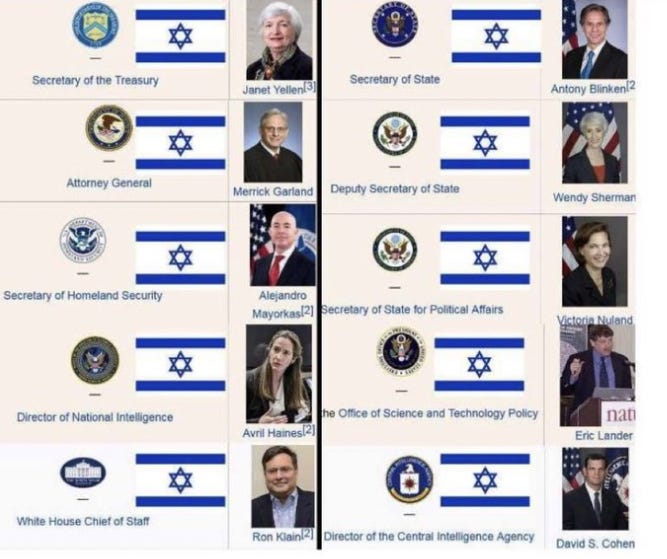
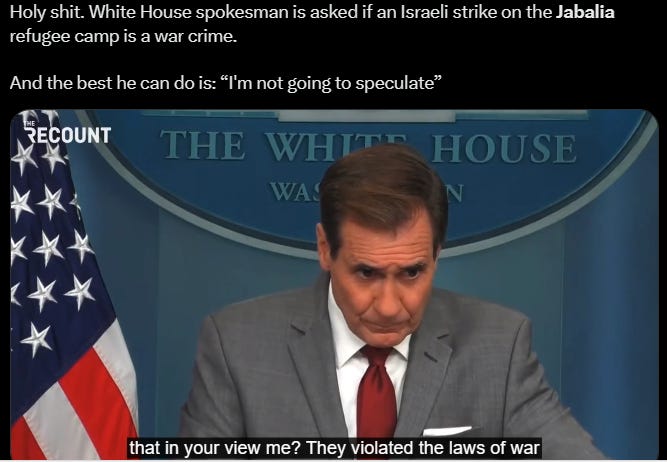
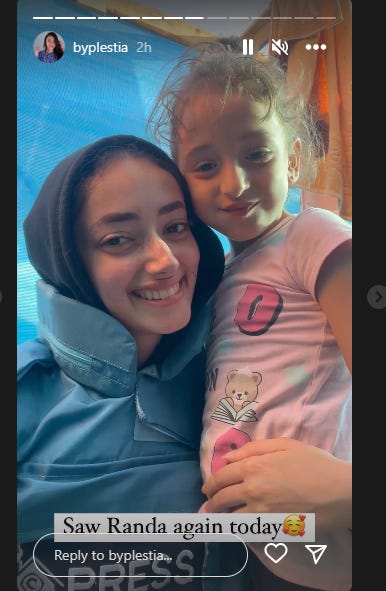
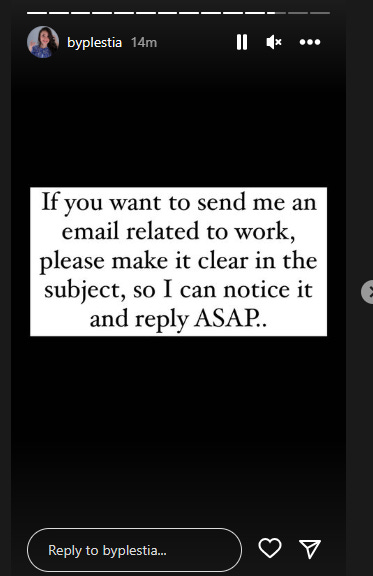

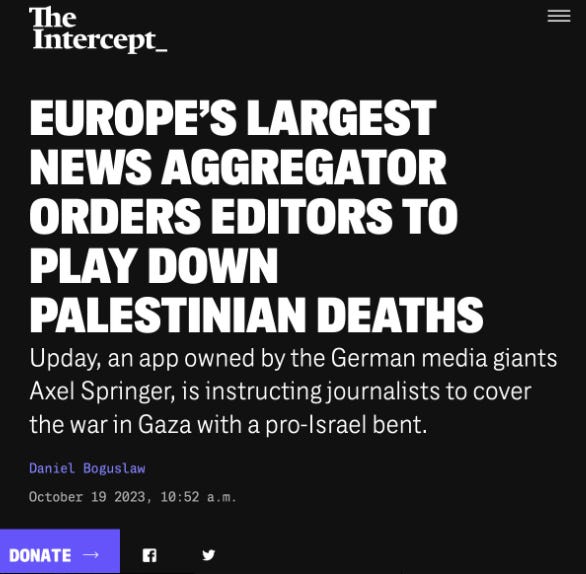
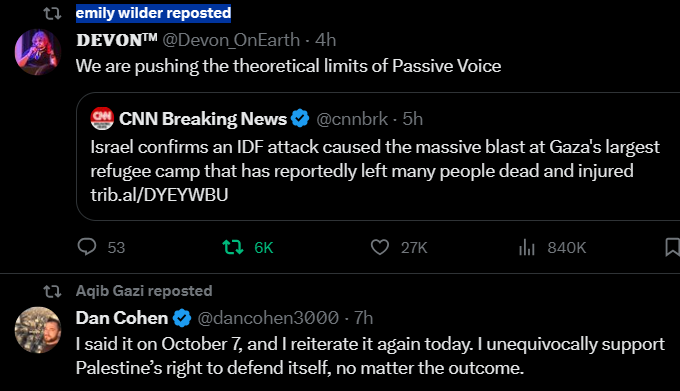
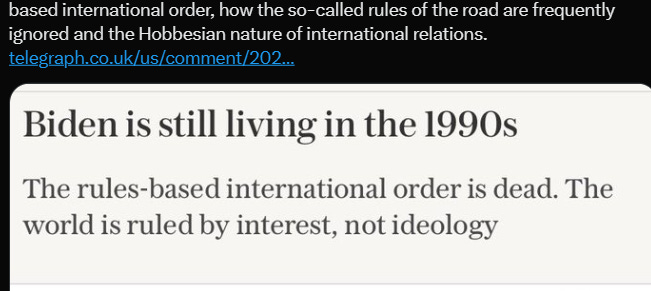
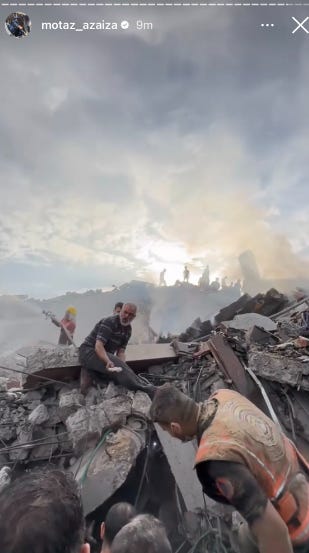
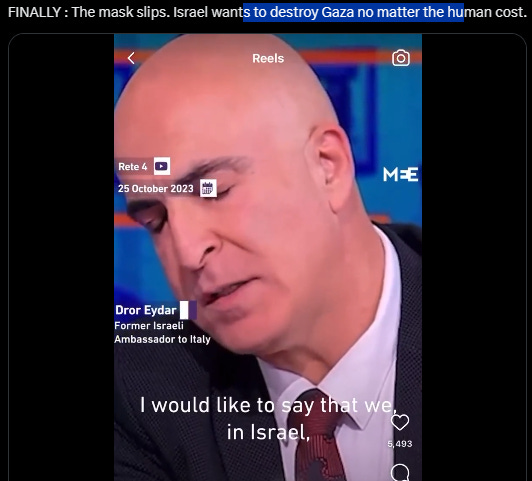
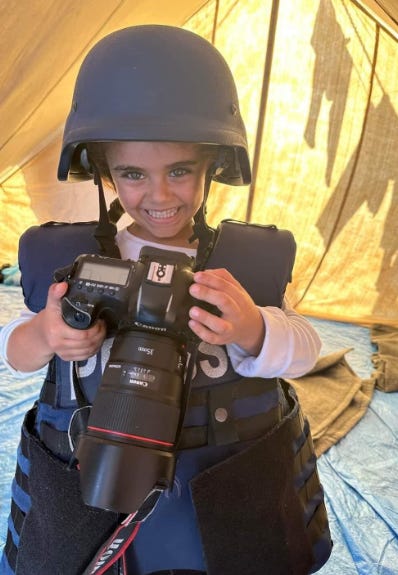
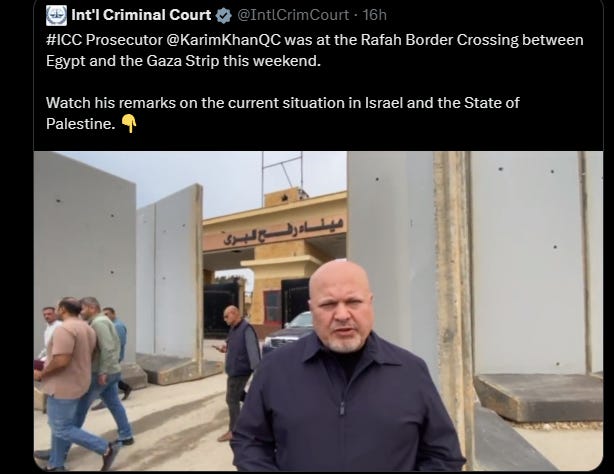
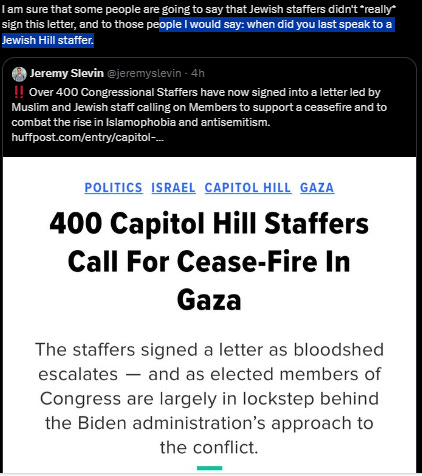
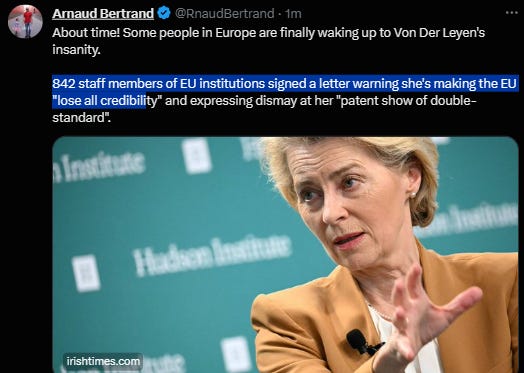
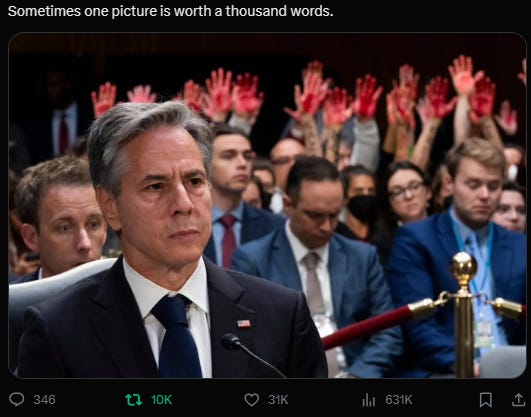
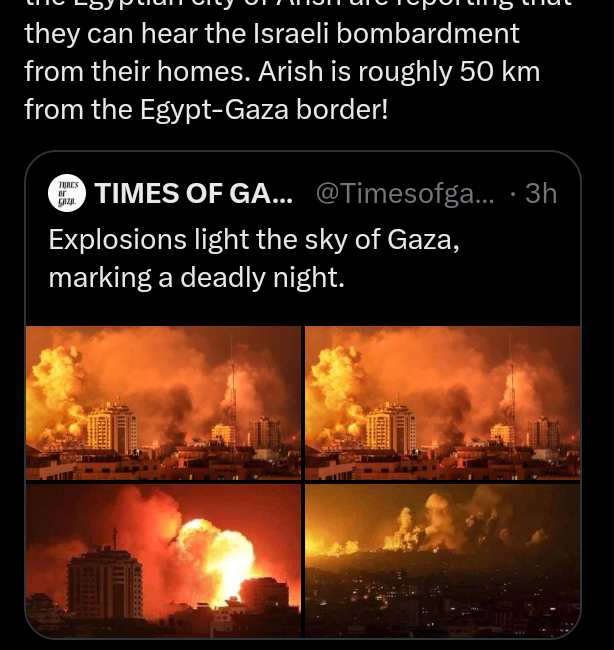
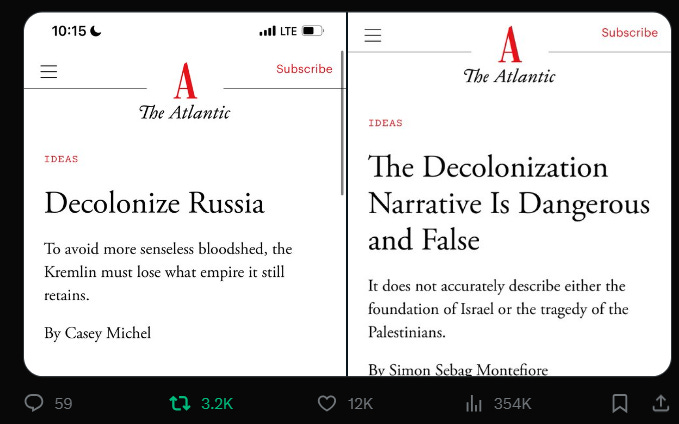
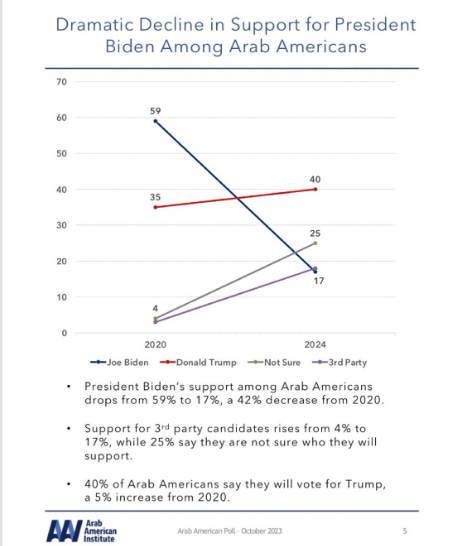
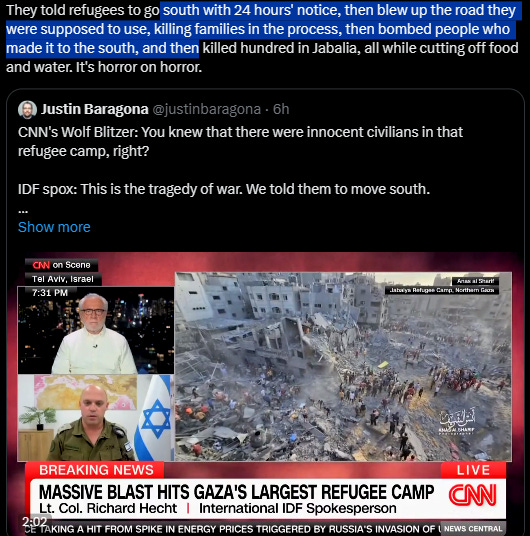
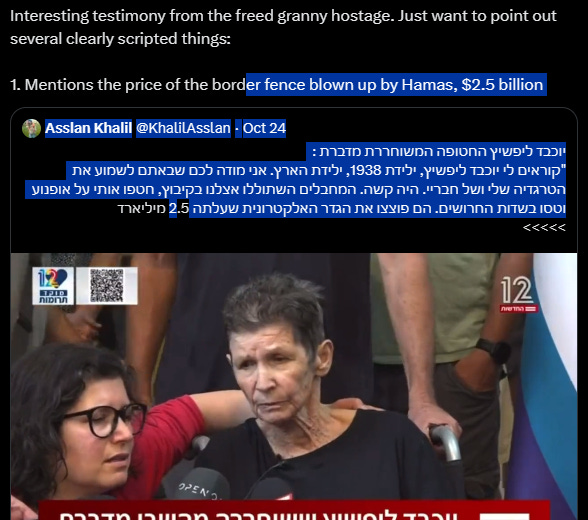
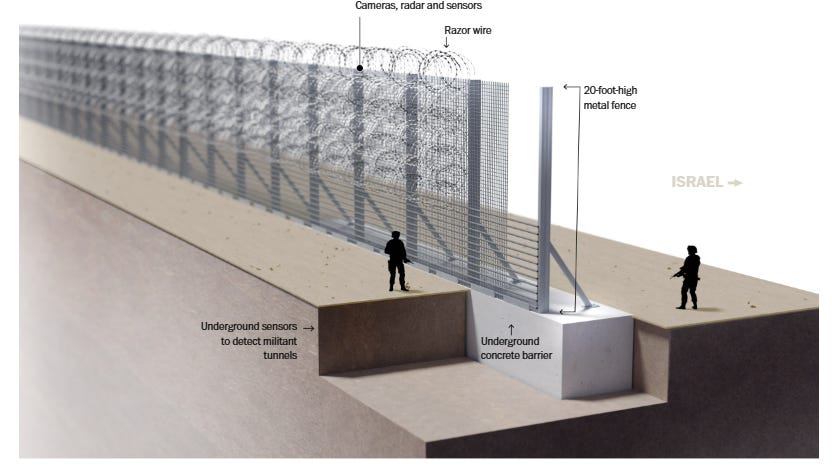
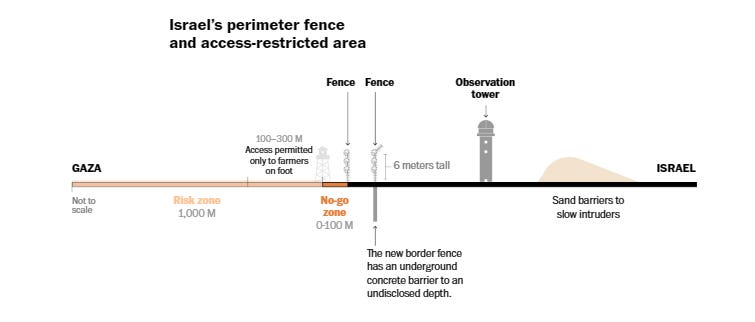
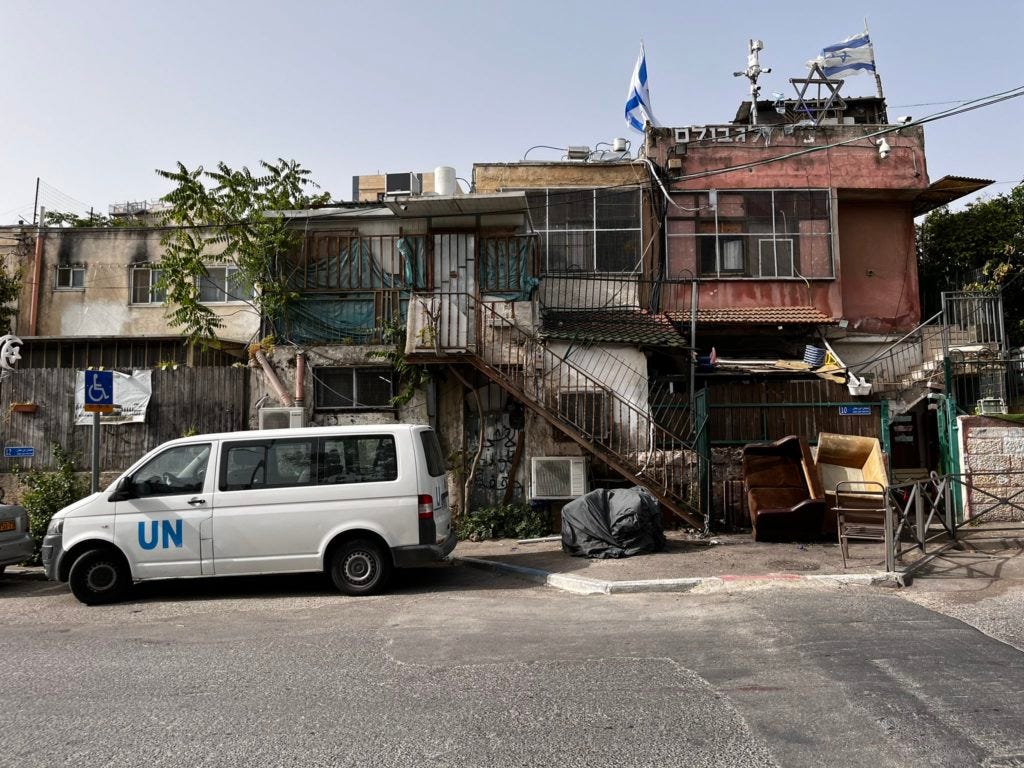
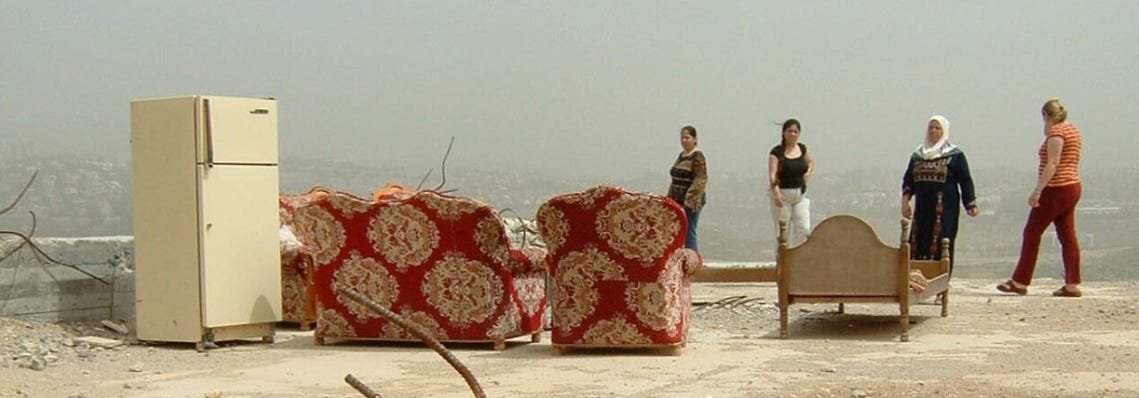
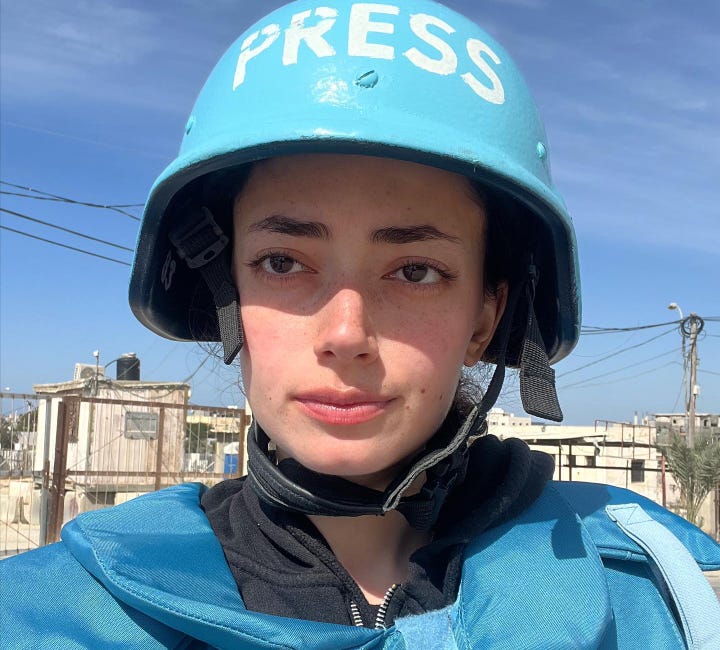
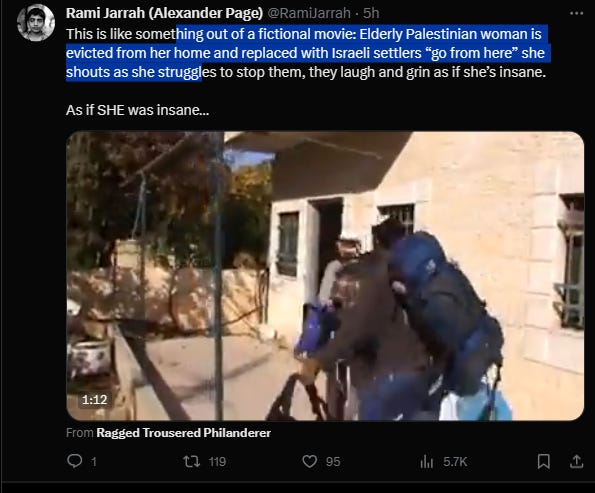
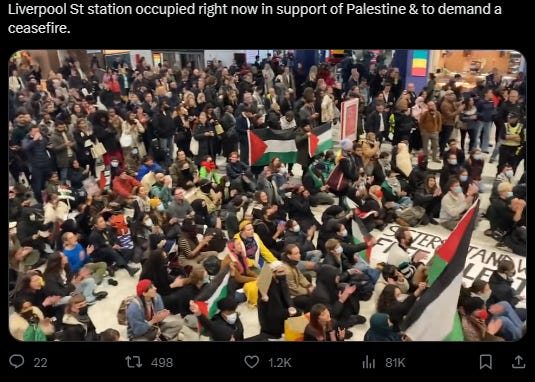
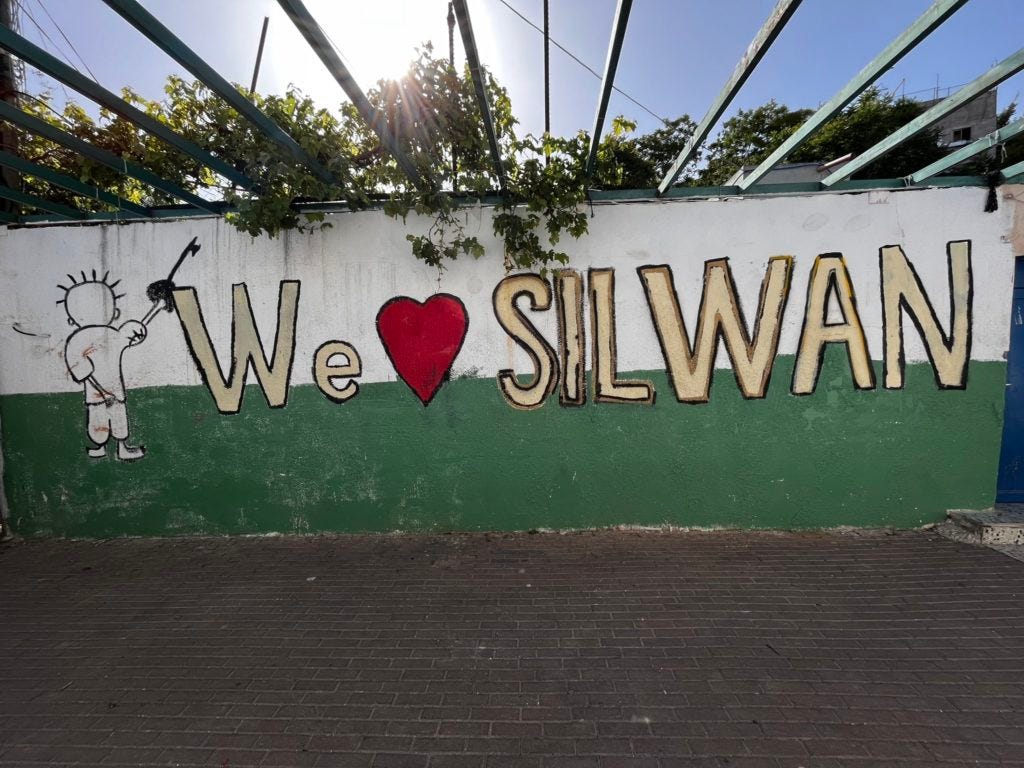
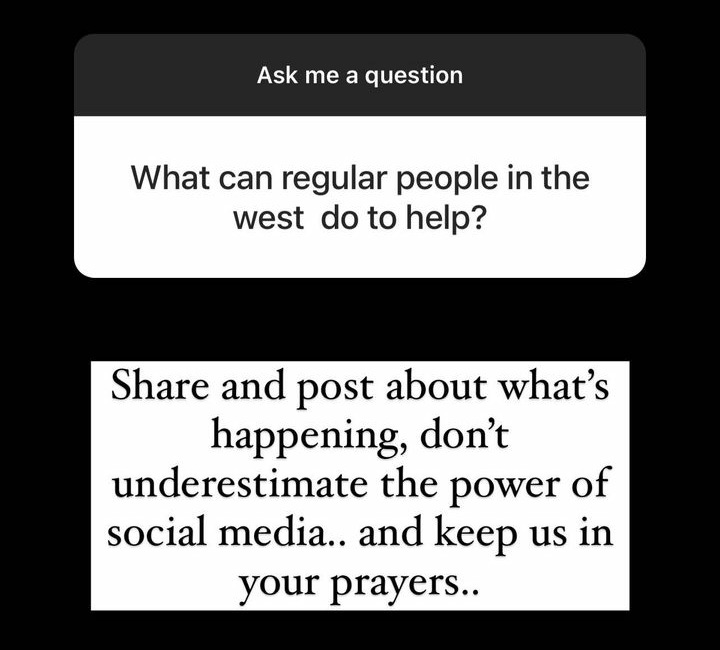
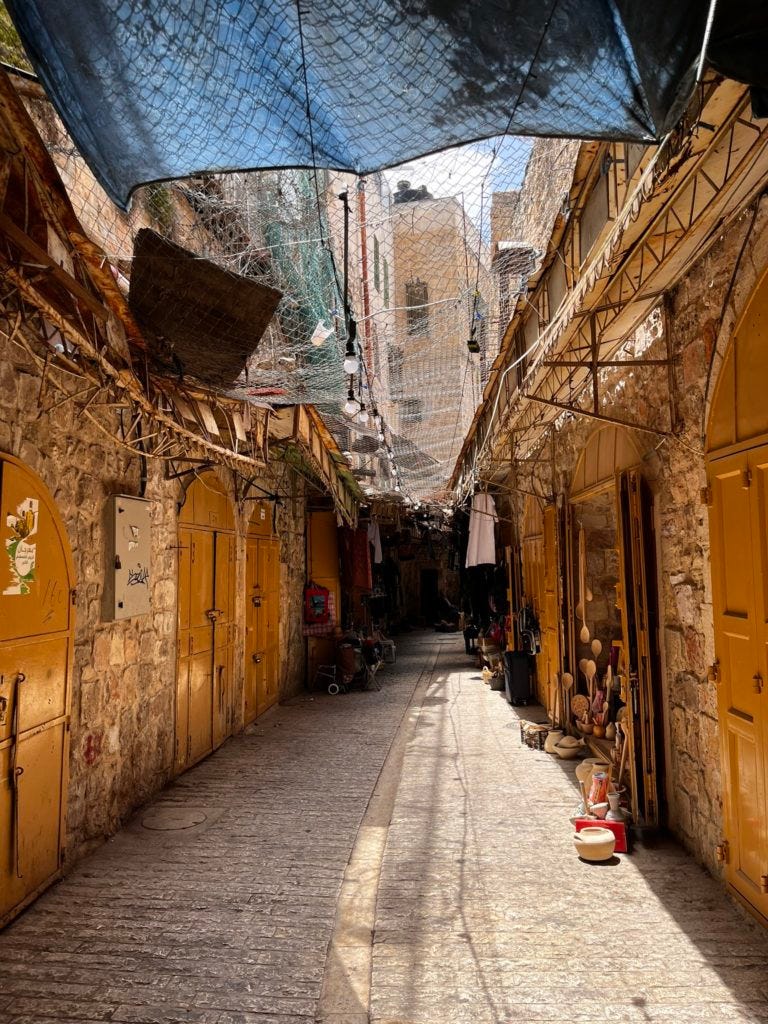
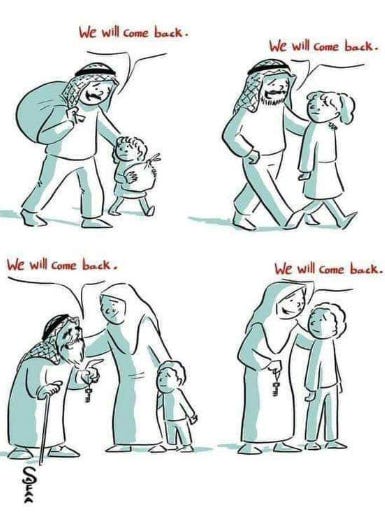
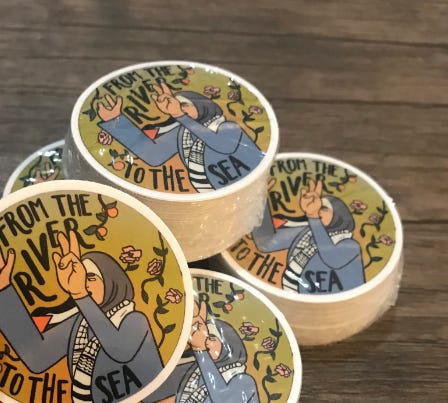
![Wrath, Frustration Inside IDF, But No One Try to Kill or Toppled Netanyahu [Like Yithzak Rabin]](https://substackcdn.com/image/fetch/w_1300,h_650,c_fill,f_auto,q_auto:good,fl_progressive:steep,g_auto/https%3A%2F%2Fsubstack-post-media.s3.amazonaws.com%2Fpublic%2Fimages%2F9c12c813-d2ab-41b2-a340-e4582ce1f5a3_524x425.png)
![[Breaking] As UN Security Council failed to reach the resolution for ISR - PAL, the big[gest] winner Israel Palestine war goes to China and Russia](https://substackcdn.com/image/fetch/w_1300,h_650,c_fill,f_auto,q_auto:good,fl_progressive:steep,g_auto/https%3A%2F%2Fsubstack-post-media.s3.amazonaws.com%2Fpublic%2Fimages%2F4112771a-2c22-4dbe-bc0e-4f50592a1384_398x429.png)

